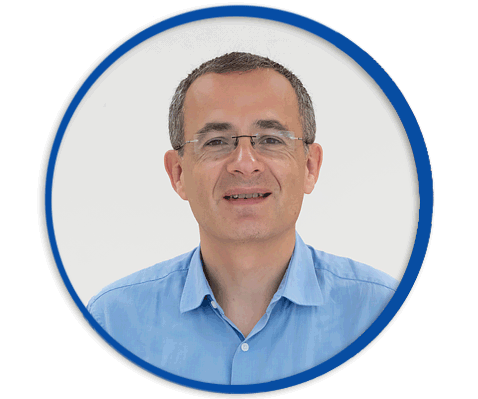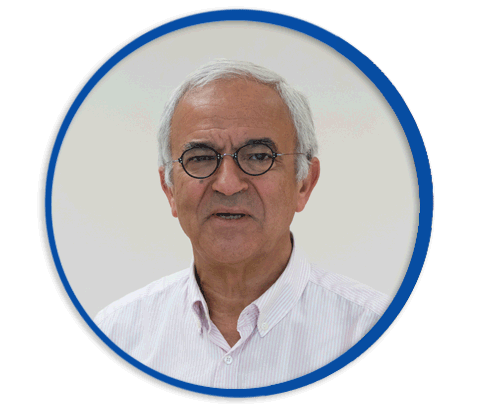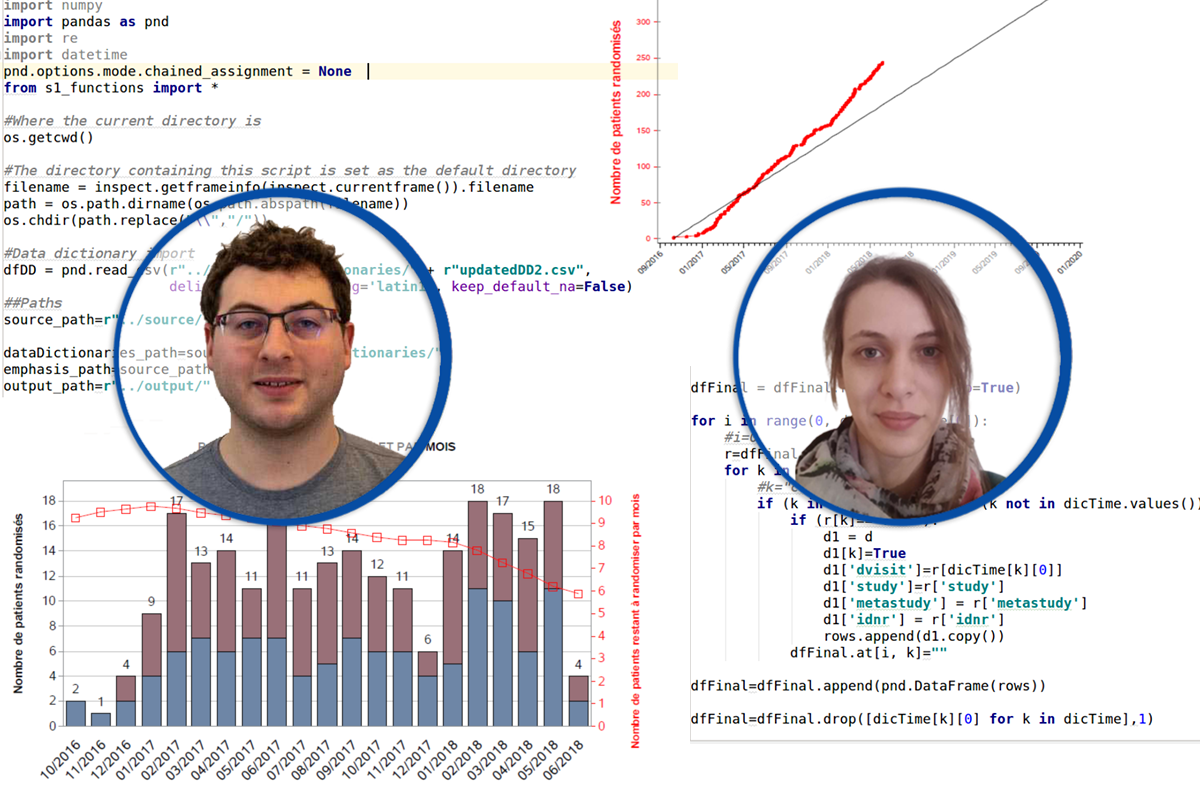The internationally renowned coordinating doctor is responsible for the overall policy of the CIC and in particular for the safety of individuals, the scientific quality of the work carried out in the research unit and the management of the service. He is assisted by the delegated doctor and the quality referent . The latter is responsible for the development and continuous improvement of the quality system in accordance with the CIC's quality policy.
The regular training of CIC-P staff in the regulatory requirements of research, in the procedures of the quality system and in the safety standards (fire, emergency procedures, etc.) are the guarantee of quality clinical research focused on the safety of volunteers. In addition, a good command of English, both written and spoken, is essential for conducting international research projects.
Investigation clinical

In order to ensure the safety of the volunteers and to obtain quality research, the clinical trials coordinator, in collaboration with the delegated physician, matches qualified personnel with the requirements of the protocols, in a state-of-the-art material and technical environment.
The clinical trials coordinator is responsible for ensuring that the safety and quality requirements of clinical research are met and that the work of a multidisciplinary team is organised with rigour.
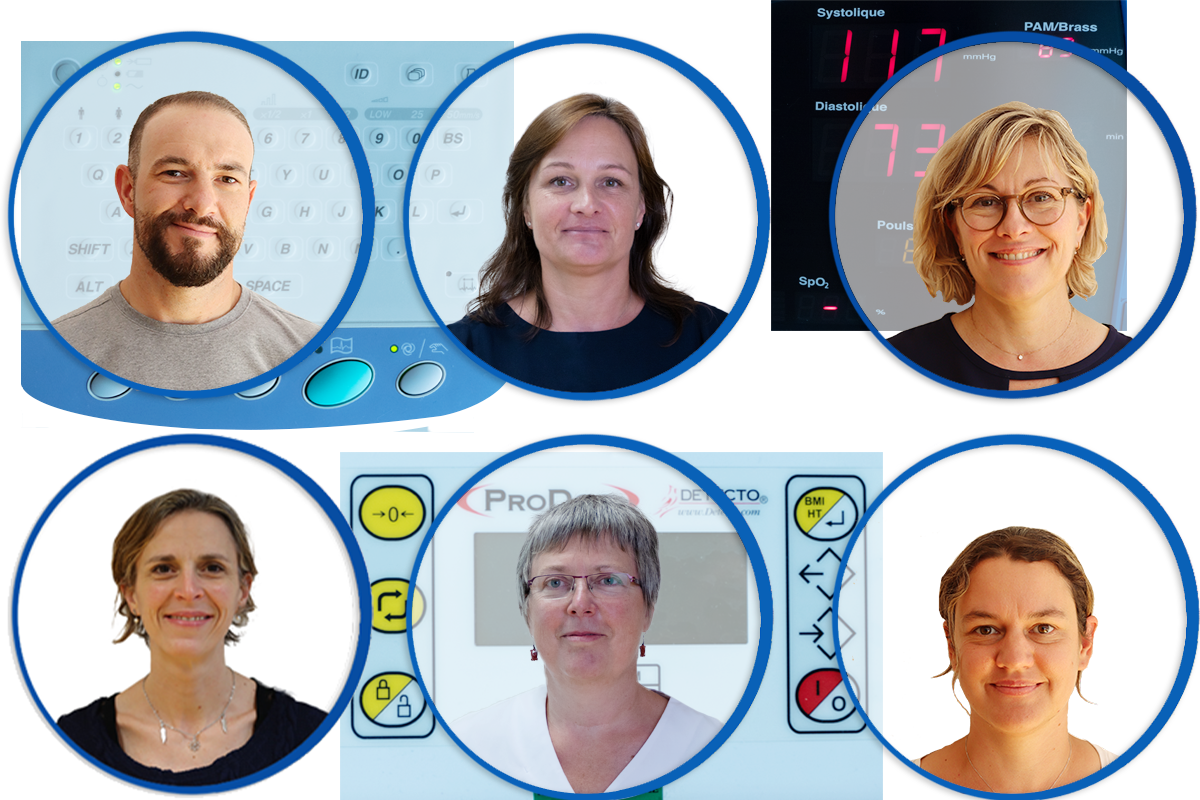
With expertise and excellence, the clinical research nurse performs nursing acts on sick or healthy volunteers for research purposes, in accordance with the protocol, Good Clinical Practice and the regulations in force. They assist the investigating doctor in conducting the study. They take care of the volunteers within the research unit, in the hospital departments or outside, in doctors' surgeries as well as in people's homes. Their expertise and excellence have been acquired through a wide range of experience in care and solid experience in research, complemented by a specific university diploma in "Clinical Research Nursing".
The recruitment nurse is responsible for pre-selecting participants for the clinical studies, according to the criteria of the protocol, in health care services, doctors' surgeries, nursing homes and health associations. It also seeks participants through advertisements in the media, social networks and posters. After validation of the criteria, the investigating doctor informs the participant about the study and answers any questions. After a reflection period, the participant signs a written consent form and begins the research.
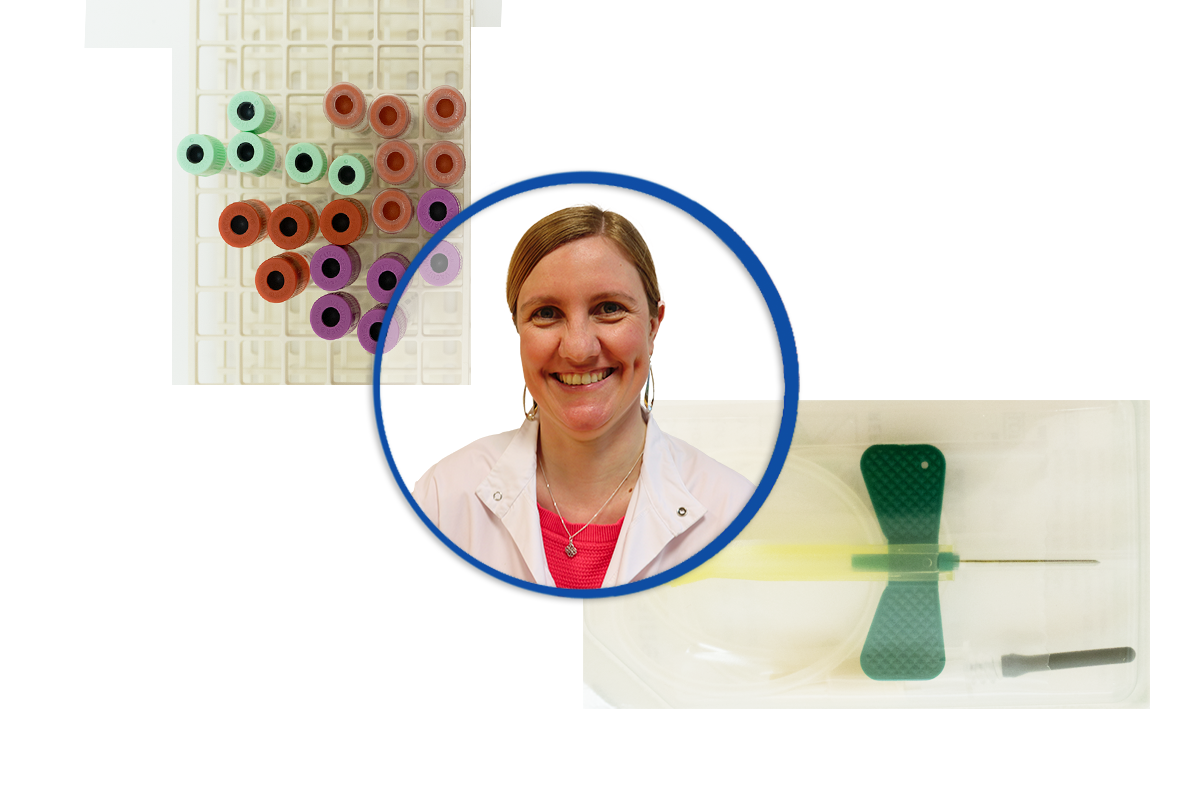
The Biological Collections Manager manages the collections of blood and urine samples from participants in the ICC studies. She also carries out certain analyses specific to the CIC-P on these samples. She works in collaboration with the project leaders to ensure the budgetary feasibility of the studies and negotiates purchases and contracts with suppliers and partners. Finally, she manages the follow-up of the regulatory part and the logistics of the import and export of biological samples. She works closely with the operational engineer of the biological samples storage centre.
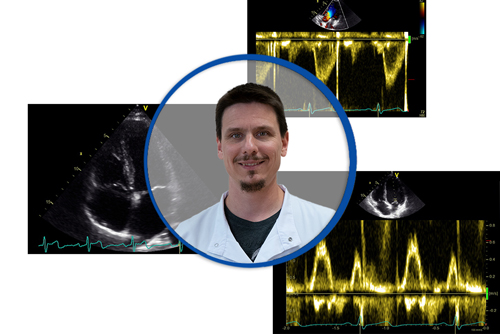
The engineer in charge of the cardiovascular ultrasound laboratory carries out the cardiovascular explorations (arterial explorations, cardiac and pulmonary ultrasound, etc.) programmed at the CIC as part of the research protocols. It also manages the storage and analysis of the data collected. He is also responsible for the continuous training of laboratory users (clinical research nurses, trainees, etc.) and for the quality of the data acquired. Finally, he/she participates in the scientific promotion of research in collaboration with the various investigators during the writing and submission of articles from the department.

In order to better understand the links between nutrition and cardiovascular and renal health, the researcher sets up research projects or data analyses in collaboration with doctors and biostatisticians. These projects make it possible to determine whether certain nutritional behaviours can prevent the onset of cardiovascular and renal diseases, but also whether they can slow down the progression of chronic renal disease, a subject that has been little studied until now.
It also actively seeks funding to carry out its research projects. Finally, it promotes the results of its studies through scientific publications in international peer-reviewed journals and presentations at national and international conferences.
In addition to her research activities, she supervises a biostatistician and trainees.
Setting up, steering and analysing of projects
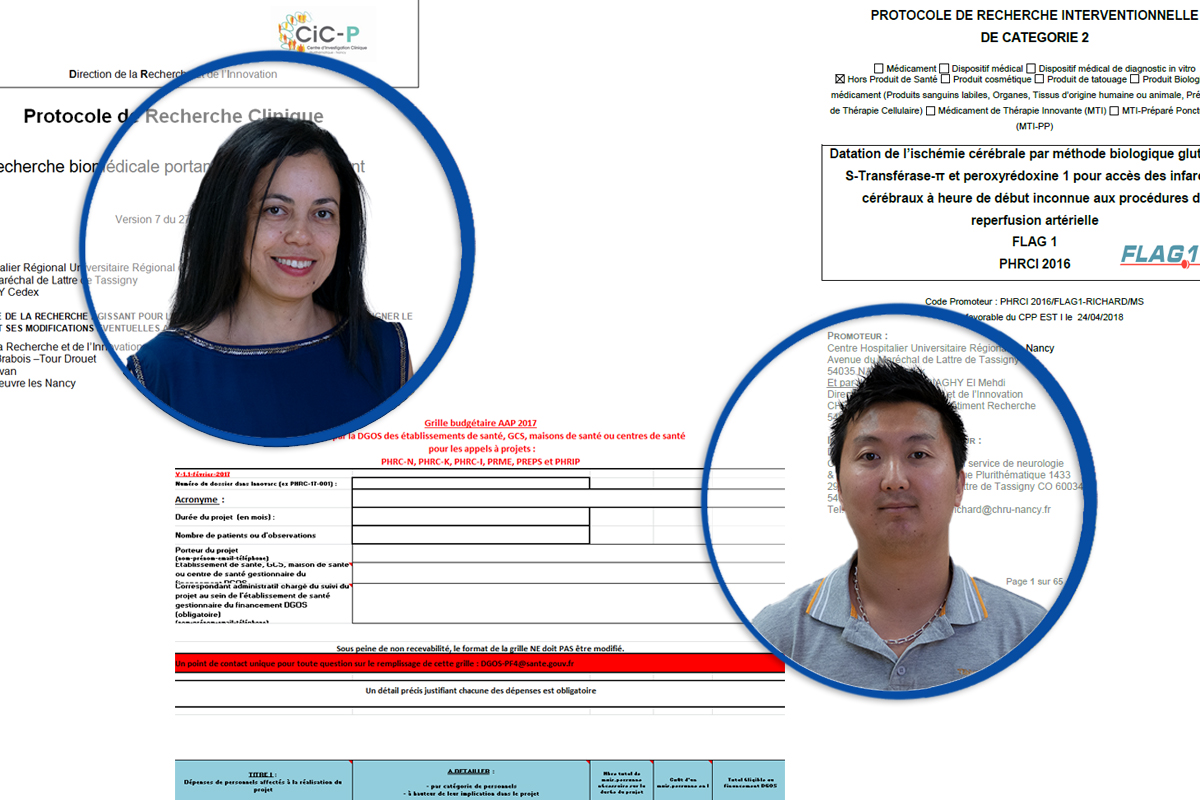
The project manager is familiar with clinical research regulations and Good Clinical Practice and is responsible for coordinating research projects from conception to completion in terms of regulatory, administrative, financial, logistical and organisational aspects in close collaboration with the project leader, the sponsor and the various research professionals involved (data manager, biostatistician, ....).
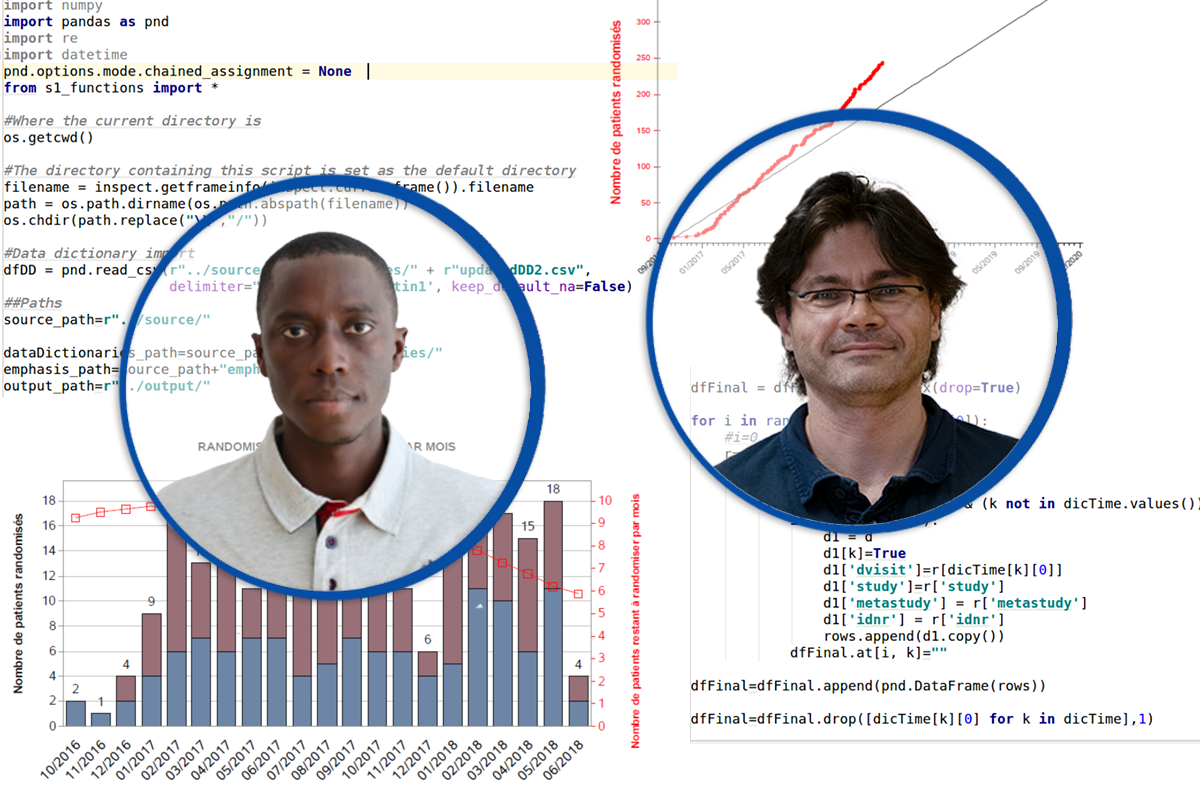
Data managers provide the link between clinical investigation and biostatisticians by organising the collection and delivery of data required by clinical research protocols. They develop computerised research databases and control the consistency and quality of these data. They are assisted by data entry operators, who carry out the computerised acquisition of data reported in the observation books. By mastering business software and the various regulations and standards in IT and clinical research, the data manager contributes to improving the quality of research data in compliance with good practice.
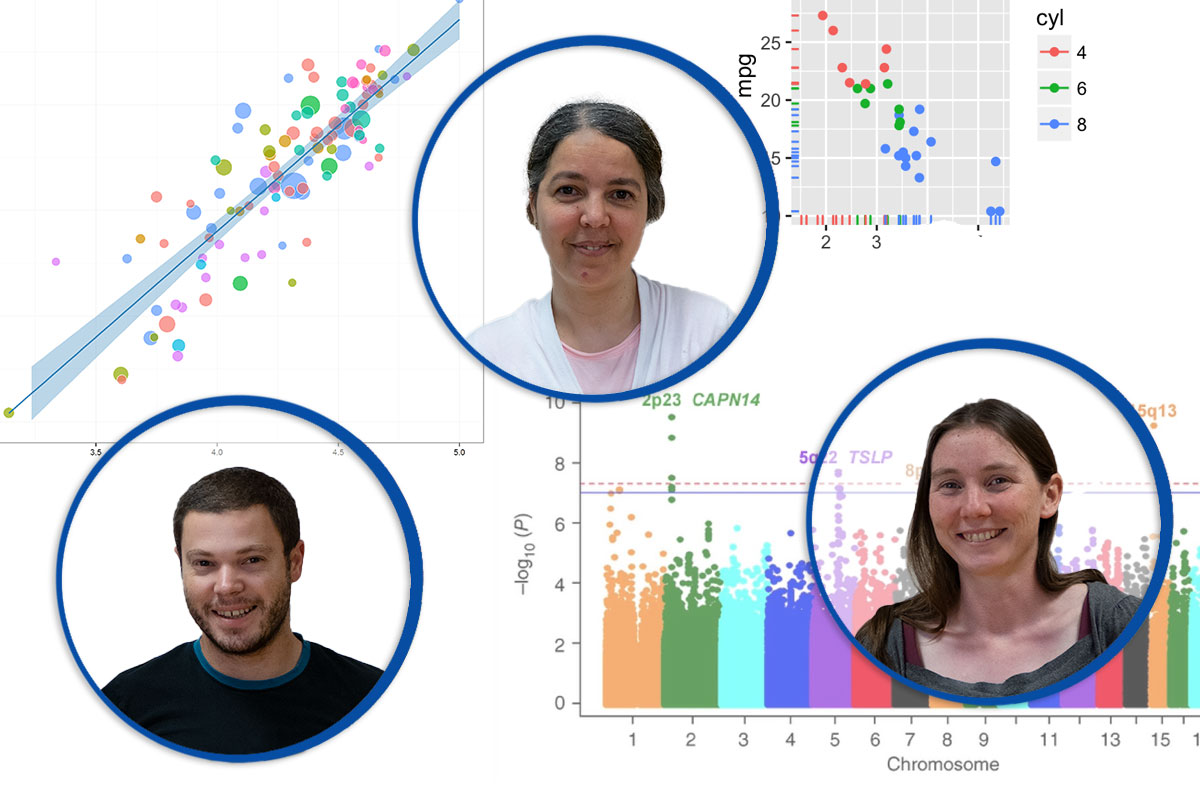
Biostatisticians ' main task is to carry out statistical analyses in the context of clinical research. They provide their expertise from the design of the study (feasibility study, sample size, methodology, analysis plan, randomisation list) to the communication of results in international peer-reviewed journals (statistical section, publication results, response to the committee's experts), by guiding and organising everyone's thoughts. The biostatisticians are privileged interlocutors of the French or English-speaking project leaders.
The CIC-P regularly welcomes national and international students/fellows. They come to train in our team by analysing data and writing articles. This contributes to the production of knowledge from the data available at the CIC-P.
Administrative and and logistics
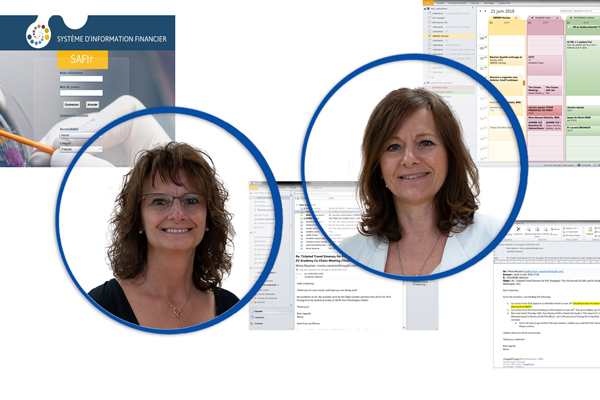
The Management Assistant is responsible for the administrative and financial component of national and international projects carried out by the CIC, from the design to the closure of the projects. She organises and ensures the operational follow-up of the actions, in collaboration with the various managers of the CHRU, INSERM and the University of Lorraine.
The bilingual scientific secretary has three main tasks: assistance (managing the doctors' diaries, travel, presentations, etc.); organisation (setting up internal and external meetings, in France and abroad); managing and monitoring relations with all external service providers.
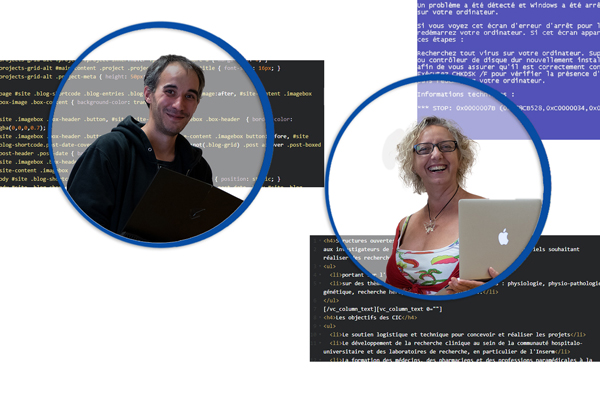
The computer scientist ensures the operational maintenance of computer systems, websites and networks. They are also responsible for the administration and installation of local and outsourced servers. He/she contributes to the resolution of minor incidents (hardware malfunctions, etc.) or major incidents (connection problems, etc.). He/she assists users and also trains them in the use of business tools. In addition, he/she acts as a technical consultant and advisor for various IT-related projects. Finally, he/she ensures the quality control of the department's data back-up.

